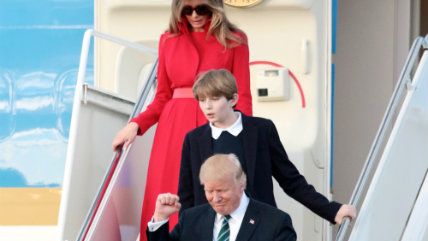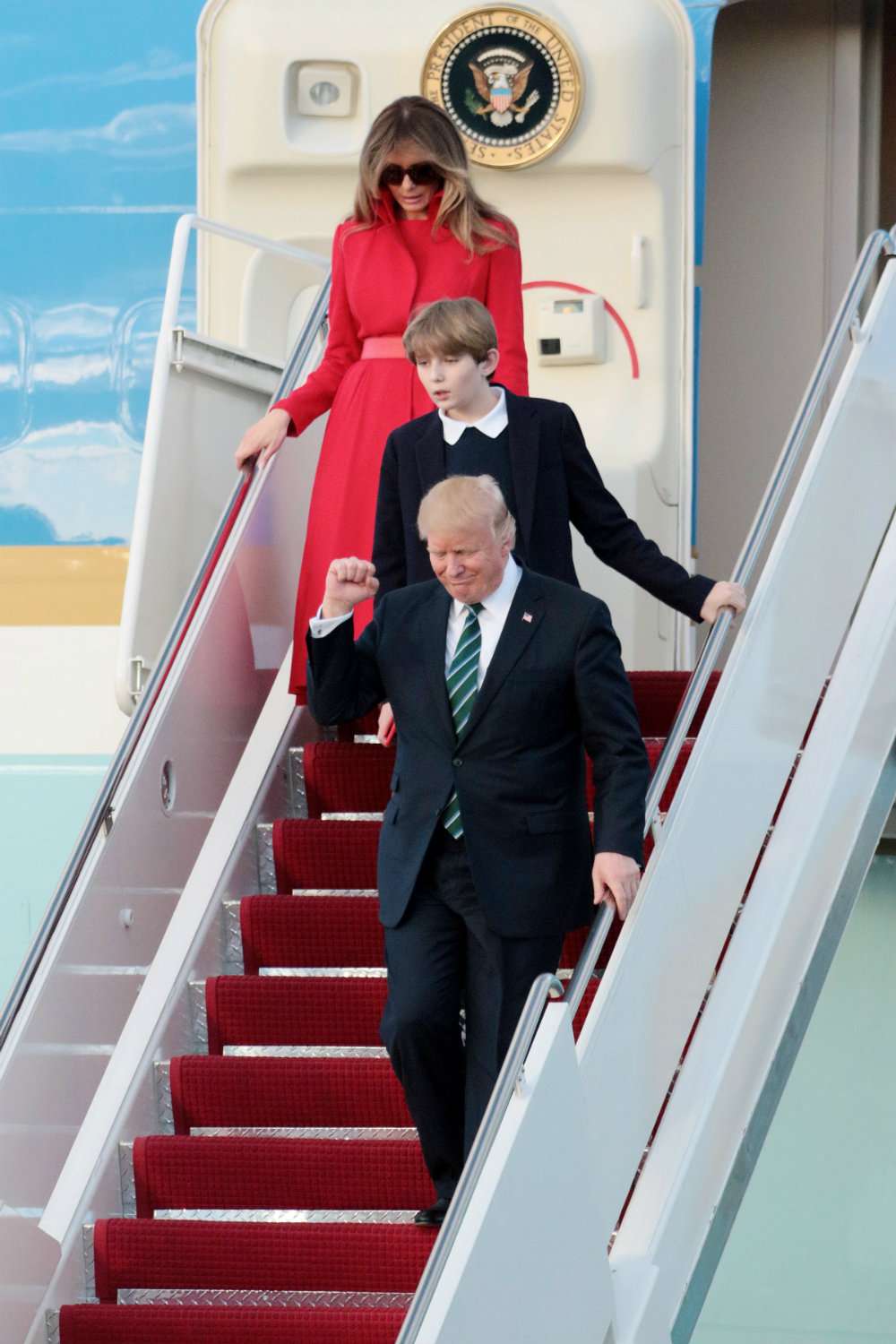Trump Budget Cuts: Real or 'Reality' Show?
The Trump "budget cuts" are best understood as a kind of theater or performance art.


Donald Trump ran for office promising to crush the Islamic State, end the influx of illegal immigration from Mexico, and stop the flight of American manufacturing jobs to China. Now that he's in office, he seems to be focusing on different set of targets: Public television's "Big Bird," poor old people who benefit from "Meals on Wheels," and history graduate students and scholars of the Founding Fathers who get grants from the National Endowment for Humanities (NEH). Some reports even had the Trump administration slashing funding for the Coast Guard.
What's going on here?
The Trump "budget cuts"—they deserve quotation marks, because no money has yet actually been cut—are best understood in the context of Trump's home city, New York. There, for decades, the mayor would propose draconian "cuts" to popular institutions like museums and libraries. The museums and libraries would dutifully rally their constituencies to fight against the proposed "cuts." And the City Council would intervene to restore the funding, winning the gratitude of those that had been targeted.
This was widely and correctly understood as a kind of theater. No funding was genuinely in jeopardy, other than the personal funds of the taxpayers who wound up eventually footing the bill for the government spending. The mayor got to pose as fiscally prudent. The City Council got to claim credit for protecting the museums and libraries, which had never really been in danger.
A 2010 New York Times article described it as "something of an annual budget ritual: Public libraries, always among the first city services to be threatened with substantial cuts in financing, are forced to face the abyss, only to be saved in the end, in whole or significant part."
A 1998 article from the Queens Courier, a local newspaper in Trump's original home borough, quoted a City Council member, Archie Spigner, who said, "Cutting libraries and culture is a ritualistic maneuver between the Mayor and the Council. In my 25 years on the Council it has always been that way, whether it was a Democratic or Republican mayor. The Mayor proposes the reduction and the Council makes restitution. It's the reality of politics and I don't think the Mayor's serious."
For Trump, it's a win-win maneuver. He lets small-government conservatives, many of whom never quite trusted him in the first place, believe that he made a good-faith effort to cut federal spending. And he lets the Republican Congress, which is up for re-election before he is, claim credit with centrist swing voters for sparing popular programs from Trump's budget axe.
On the substance of it, there is a strong case for cutting or eliminating many of the targeted programs.
The Corporation for Public Broadcasting warns about the risk to Sesame Street, but that program in 2015 made a five-season deal with HBO. HBO is a for-profit network that is part of Time Warner, whose deal to be acquired by AT&T awaits Trump administration antitrust review.
The NEH trotted out, in its own defense, the president of Harvard, Drew Faust. Harvard has a $35.7 billion endowment. The NEH's total annual appropriation in 2015 was $146 million. Faust herself earned $1.2 million in compensation from Harvard in the most recently disclosed year, along with an additional $250,000 for her service on the board of Staples, an office supply retailer. She and her fellow star historians can probably survive okay without taxpayer help from NEH grants.
This question—is it ritualistic theater, a kind of performance art, or is it real?—is one worth keeping in mind for all of Trump's initiatives, not just his budget. Is, say, the effort to repeal ObamaCare real? Or is it, like the budget cuts, an elaborate show?
It's easy to be fooled. Some people thought Trump's entire presidential campaign was an elaborate act designed to fail. Then, he won the election.
Even "failed" efforts can be successful in a way by changing the parameters of the political discussion.
But caution and skepticism are nonetheless in order, both for liberals panicking over the proposed cuts and for conservatives cheering them. One oft-claimed distinction between liberals and conservatives is that liberals measure intentions, while conservatives insist on results. An erosion of that distinction by the Trump presidency wouldn't necessarily count as progress.


Show Comments (43)